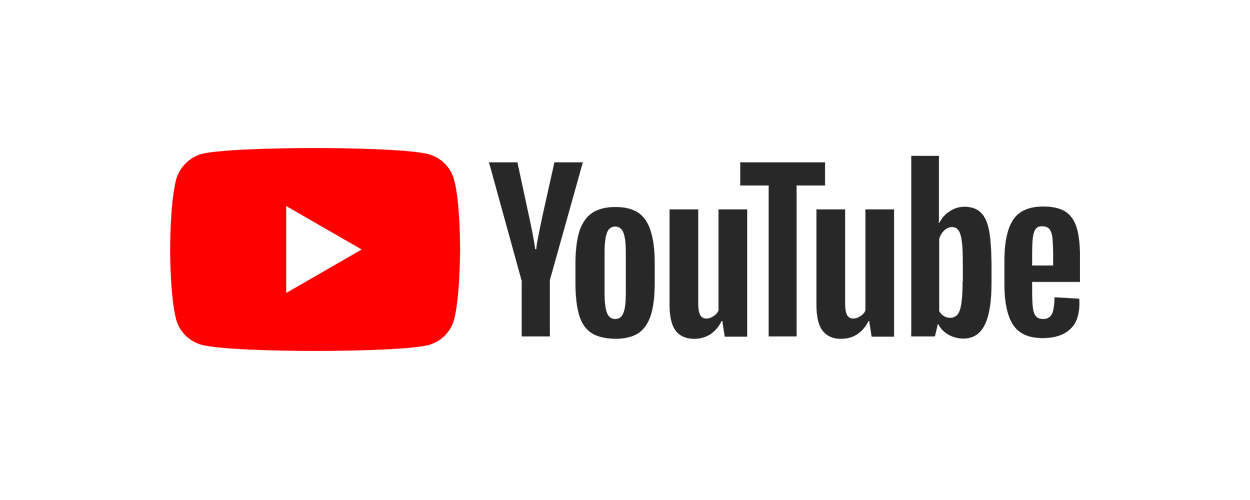This website uses cookies so that we can provide you with the best user experience possible. Cookie information is stored in your browser and performs functions such as recognising you when you return to our website and helping our team to understand which sections of the website you find most interesting and useful.
Business News Digital Labels & Publishers Top Stories
YouTube cuts royalty claiming option for short snippets of music in UGC videos
By Chris Cooke | Published on Monday 19 August 2019

YouTube last week announced a policy change regarding the manual claims tool that it provides copyright owners. It will affect music companies seeking to claim royalties where their songs or recordings are used in user-generated content. The web giant says that the new policy will “improve fairness in the creator ecosystem, while still respecting copyright owners’ rights to prevent unlicensed use of their [music]”.
The new policy only relates to YouTube’s manual claims tool for copyright owners – not the automated Content ID system that most music rights owners now use most of the time to identify and manage third party videos that use their music. It also only relates to where music used in a user-uploaded video is, in YouTube’s words, “very short or unintentional”.
The update follows recent technical changes that also seek to deal with a frustration among the YouTube creator community. That being that a music rights owner can currently claim all the ad income generated by a video that contains their music, even if said video only contains a snippet of that music which is, well, “very short or unintentional”.
Expanding on that, in a blog post last week YouTube said that these policy and technical changes are in response to “a concerning trend we’ve seen – [which is the] aggressive manual claiming of very short music clips used in monetised videos. These claims can feel particularly unfair, as they transfer all revenue from the creator to the claimant, regardless of the amount of music claimed”.
Explaining the recent technical changes, YouTube said that copyright owners using its manual claims tool now need to provide timestamps identifying where in a video their music appears. “We also made updates to our editing tools in Creator Studio”, the YouTube blog aimed at its creators added, “that allow you to use those timestamps to remove manually claimed content from your videos, automatically releasing the claim and restoring monetisation”.
The new policy change means that, with these “very short or unintentional” uses of music, the music copyright owner will not now be able to claim any ad income from the video through the manual claims system. They will, however, still be able to block the video, or veto the video makers from monetising their content.
Although the policy change may actually result in more music companies who use the manual claims tool blocking videos, it’s hoped that ultimately it will mean fewer YouTube creators losing all their ad income simply because of a tiny snippet of music appearing in any one upload.
Though, YouTube then adds in its blog post, if creators want to ensure there are no music licensing issues whatsoever – they should ensure that they don’t use any uncleared third party songs or recordings in their videos. Which basically means licensing tunes from one-stop-licence library music companies like Epidemic Sound.
YouTube also suggests creators make sure that there is no music playing in the background when a video is shot. Even though, in many countries, that would be covered by a copyright exception anyway, meaning no licence should be required. But, of course, rights management tools on user-generated content platforms are still struggling with the ins and outs of copyright exceptions and, in the US, the always ambiguous concept of fair use.
YouTube goes on: “Our enforcement of these new policies will apply to all new manual claims beginning in mid-September, providing adequate time for copyright owners to adapt. Once we start enforcement, copyright owners who repeatedly fail to adhere to these policies will have their access to manual claiming suspended”.
“We strive to make YouTube a fair ecosystem for everyone”, it concludes, “including songwriters, artists, and YouTube creators. Our goal is to unlock new value for everyone by powering creative reuse and content mashups, while fairly compensating all rightsholders”.
It remains to be seen how big an impact these developments have on music companies, especially those who proactively chase every penny they can whenever their songs or recordings appear in user-generated content.
Of course, while YouTube has been evolving these systems and the accompanying technology for years now, the challenge of managing music rights in the user-generated content domain is becoming an ever bigger talking point. Because deals are being done with an increasing number of UGC platforms and this particular kind of digital income is set to become a key growth revenue stream for the music industry in the years ahead.





